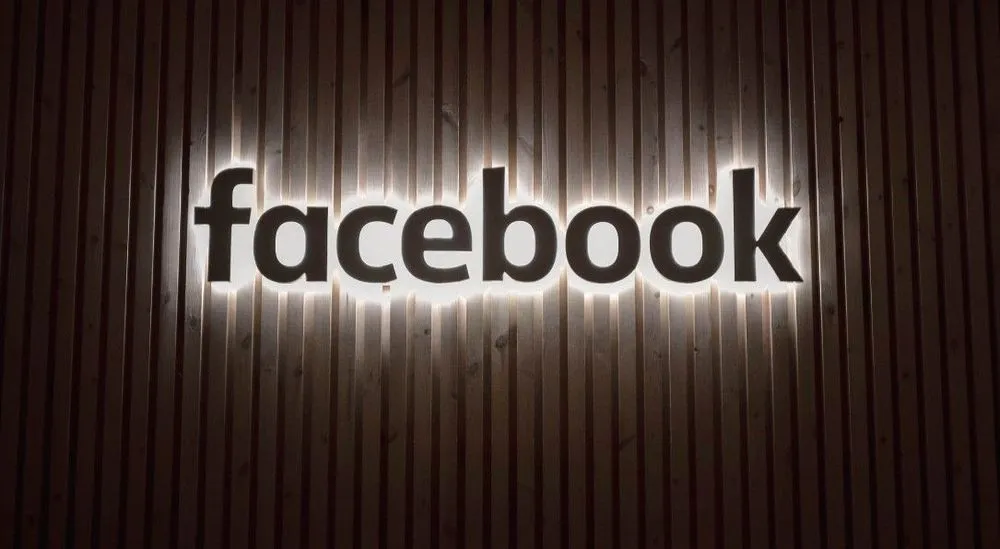Meta’s free mode came with a cost, report says
Meta Connectivity (previously Facebook Connectivity) is facing scrutiny after reports emerged that its "free mode" program, which provides consumers in developing countries with free access to particular sites including Facebook, has been charging its users without their knowledge—an issue that the company now says has "largely been addressed."
Since as far back as 2013, Facebook has implemented programs in collaboration with a variety of different cellular providers to better connect low-income individuals in developing countries with the online world. The programs are used by an estimated 300 million people across many countries, including Indonesia, Pakistan, and the Philippines. A core part of Facebook's efforts to broaden its user base in developing countries is a program called "Free Basics," which grants users' access to a variety of online services at no cost
Although its "free mode" program was designed to be free of charge, The Wall Street Journal reported this week that it received internal company documents showing that the company charged its users’ millions of dollars every month. Pakistan users alone were charged $1.9 million in total.
Facebook said the incident was a ‘leakage’ — meaning that paid services were leaking into apps that were intended to be free of charge. The internal documents reviewed by The Wall Street Journal further defined the leakage: “When users are in Free Mode and believe that the data they are using is being covered by their carrier networks, even though these users are actually paying for the data themselves.” A majority of the customers using the service have prepaid cell phone plans that can be as cheap as a few dollars a month. Due to the nature of the plan, users’ were unaware that they were being charged by cellular providers until their funds were completely depleted after the unintended data use.
A spokesperson for Meta told The Record via email: “We’re proud of the work we do to create affordable access to data. We tell people that viewing photos and videos will result in data charges when they sign up, and we do our best to remind people that viewing them may result in data charges. The issue identified in the internal report that affected some of those reminders has largely been addressed. We’ll continue to work with our partners to meet our obligations to these users and ensure accurate and transparent data charges, which we know is important to people who use these products.”
The data usage that turns the free service into the costly service that it is now seems to stem from videos. Although the program does not include access to videos, many filtered in — so many that videos alone accounted for 83% of the avoidable charges. Not only did the software glitch increase data usage, but Facebook failed to provide any secondary form of protection that would notify an individual of the video charges, as they are not included in the free service, The Wall Street Journal reported.
Additionally, The Wall Street Journal reported that “Free Mode” will no longer be displayed on users’ screens, rather “Text Only” will appear. Meta is also working to improve software glitches that failed to provide pop-up notifications for video fees after the media link is clicked on.
Emma Vail
Emma Vail is an editorial intern for The Record. She is currently studying anthropology and women, gender, and sexuality at Northeastern University. After creating her own blog in 2018, she decided to pursue journalism and further her experience by joining the team.


